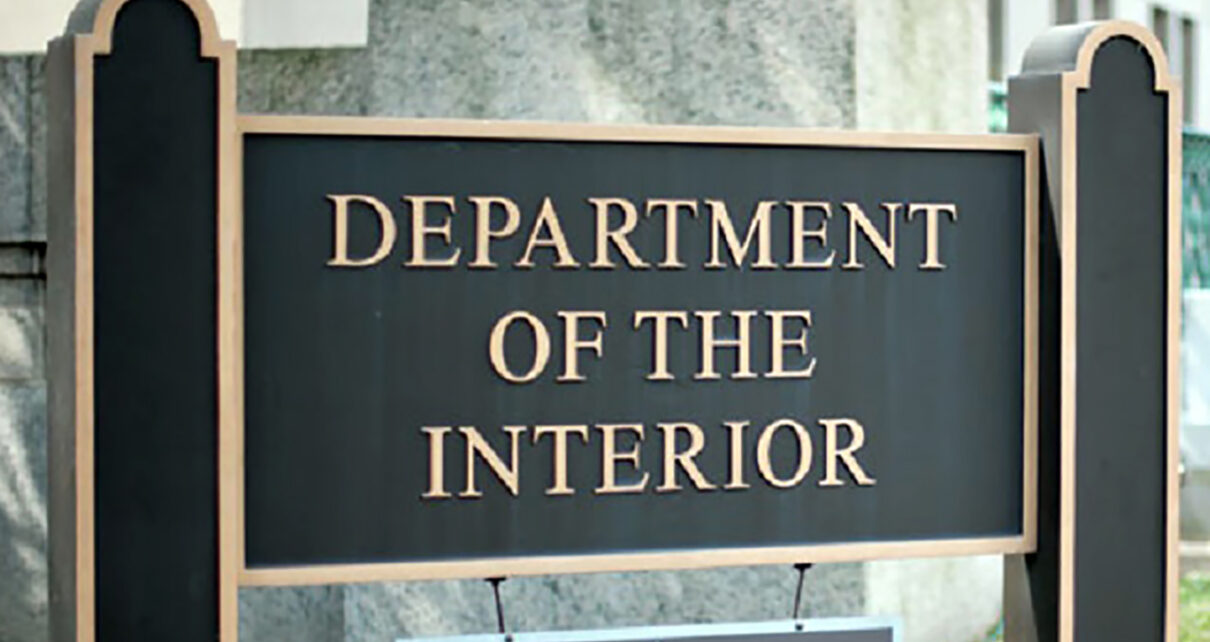Interior Department Letter Expresses Concern About Legality of $1 Billion in Revenue Sharing Payments During Renewal Period
The Seneca Nation today requested that the federal district court stay all proceedings for 45 days in response to the United States Department of the Interior’s declaration that it has yet to review the legality of the payment provisions of the Nation’s Class III gaming compact with the State of New York.
The Department– which is empowered under the Indian Gaming Regulatory Act to ensure lawful gaming agreements – expressed “serious concerns” about the lawfulness of any renewal period payments in an April 15, 2021 letter issued by its Office of Indian Gaming. The letter explains that in 2002 – when the Compact commenced – the Department did not review whether revenue sharing during the 7-year renewal period was lawful because the Compact terms did not provide for any payments beyond the original 14-year term. The Department “caution[ed] the parties about their reliance on the [payment] terms because [the Department has] not determined that they are lawful.” The Department invited the Nation and the State to submit the Compact for review to specifically determine whether revenue sharing payments to the State during the 7-year extension period are justified by any economic benefits provided by the State to the Nation, or whether they instead constitute an impermissible tax. The Nation has asked the State to cooperate with it in obtaining the Department’s assessment, but the State has thus far refused to do so.
The Nation’s Rule 60 motion to the court seeks to stay further proceedings to enforce an arbitration award against the Nation while the Department conducts its review, or to vacate the court’s prior judgment if the State refuses to cooperate with that review. While the parties agreed under the Compact that arbitration could be used to interpret the meaning of Compact terms, only the federal government has the authority to determine whether the terms themselves are lawful. The arbitration panel inferred that the Department of the Interior had reviewed and approved renewal period payments. The Department’s letter now makes clear, however, that it never did so, a critical fact that was not previously before the federal District Court and Court of Appeals in considering the validity of the arbitration award.
Seneca Nation President Matthew Pagels issued the following statement in response to the State’s refusal:
“For the past several years, the Seneca Nation has fought against New York State’s effort to obtain an additional $1 billion in revenue sharing payments despite the clear language of our Compact that no payments are required. Such payments would violate federal law because the Indian Gaming Regulatory Act is crystal clear that no state shall impose a ‘tax, charge, fee, or other assessment’ without a meaningful benefit to the Indian tribe. The State has done nothing to justify any additional payments. Indeed, it has made a mockery of our ‘exclusivity zone’ with its three racetrack casinos and a new state-licensed facility five miles from our zone in Seneca County.
Last week, the Interior Department expressed support for the Nation’s position that further payments to the State must be reviewed for conformity with federal law and invited the parties to submit to a 45-day regulatory review. Unfortunately, and unreasonably, the State rejected that approach. The Nation remains committed to seeking an authoritative determination by the Interior Department as to the legality of the payments the State seeks from the Nation. And if the State does not so agree, the Nation believes there is a legal basis to invalidate the Nation’s payment obligation. The best course right now would be for the State and the Nation to jointly request Interior Department review so that this matter can be resolved quickly and with legal certainty for the benefit of the Seneca people, our employees and the local communities that we support.”




